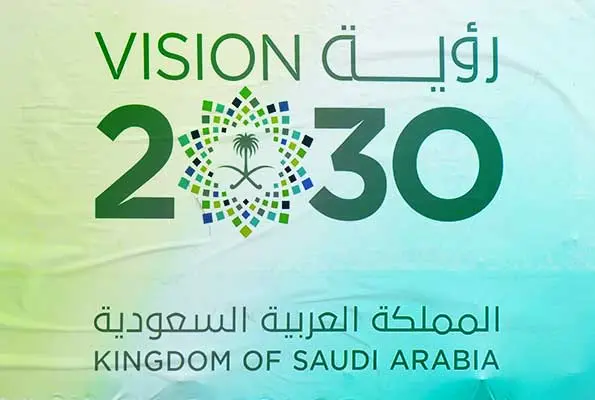Saudi Arabia’s “Vision 2030” economic diversification agenda is transforming the Kingdom into a global tourism and business hub. The government’s decade-long plan targets 100–150 million visitors a year by 2030, and new hotel developments are a key part of this push.
Industry observers note that business travel is among the fastest-growing segments. In response, hospitality firms are creating “business leisure” concepts that combine efficient workspaces with relaxed, family-friendly amenities. As one executive puts it, today’s travellers “want more than convenience—they want meaningful experiences, comfort, and balance.”
HMH (Hospitality Management Holding) is leading such efforts by expanding its Corp Hotels brand across the Kingdom. In practical terms, this means properties with smart meeting rooms and high-speed internet, alongside wellness centres, recreational spaces, and diverse dining that blends Saudi heritage with international cuisine.
Saudi Arabia’s push to attract global visitors has redefined its hospitality sector. Under Vision 2030, new hotel projects are designed for a blend of business efficiency and leisure comfort. For example, HMH is developing a hotel in Al Khobar on the Eastern Province corniche that will serve oil and petrochemical executives by day and families by night.
The company also plans a 460-room flagship hotel in Makkah, due mid-2025, targeting the millions of pilgrims who increasingly extend their stays for commerce or recreation. These developments illustrate how hotels are evolving into “dynamic environments where business and leisure converge,” a shift that aligns precisely with Saudi ambitions to become both a spiritual destination and a centre for international business.
Saudi Arabia aims through “Vision 2030” to welcome roughly 100–150 million visitors annually by 2030, a goal that requires expanding high-quality hotels and attractions. HMH’s new Corp Hotels integrate efficient meeting rooms and co-working spaces with leisure amenities like wellness centres, family recreation areas, and culturally inspired dining.
The company has signed to operate the 157-room Corp Al Khobar Corniche Hotel and is planning a 460-room Corp Makkah Hotel (minutes from the Grand Mosque) by 2025. A Dammam hotel project is also under discussion. Moreover, many corporate guests in cities like Al Khobar or Jeddah travel with families or mix work trips with regional tourism. These hotels cater to pilgrims, tourists, and business travellers, capturing multiple markets simultaneously.
The result is a surge in hotel construction across the Kingdom. Recent data show Saudi Arabia alone now accounts for about 67% of all hotel rooms under construction in the Gulf region, with over 45,000 keys in the pipeline.
This unprecedented supply boom, especially in Riyadh, Jeddah, Al Khobar, and the holy cities, is tailored to Vision 2030’s goals. An HMH executive highlights how each new hotel “strengthens our presence in the Eastern Province” and “will place us at the heart of religious tourism,” helping to meet national targets.
Saudi Arabia’s hospitality boom is a jobs engine, with the Kingdom tying hotel expansion to ambitious Saudization policies. By July 2025, hotels must meet localisation quotas ranging from 22.6% to 40.5% of staff, while restaurants face thresholds of 15.9% to 30.7%. A ministerial resolution passed in April 2025 mandates 100% Saudi staffing for front-desk and reception roles, with outsourcing banned for positions earmarked for localisation.
Over the next three years, the government plans to localise 41 tourism and hospitality professions, from entry-level clerks to deputy hotel managers, aiming to create at least 8,000 jobs for Saudi nationals. From October 2025, every licensed facility must have a Saudi receptionist on duty, and industry operators like HMH are expected to invest in training and upskilling programmes to prepare young Saudis for supervisory and managerial positions. These measures ensure that as new hotels rise, they don’t just serve global visitors but also advance Vision 2030’s social and economic goal of building a skilled domestic workforce.
In summary, Saudi Arabia is rapidly scaling its hospitality sector by blending corporate facilities with vacation-style offerings. By aligning these projects with Vision 2030’s tourism objectives, the Kingdom hopes to offer every business traveller a relaxed stay and every leisure guest a productive touchpoint, fuelling economic growth and visitor numbers.


